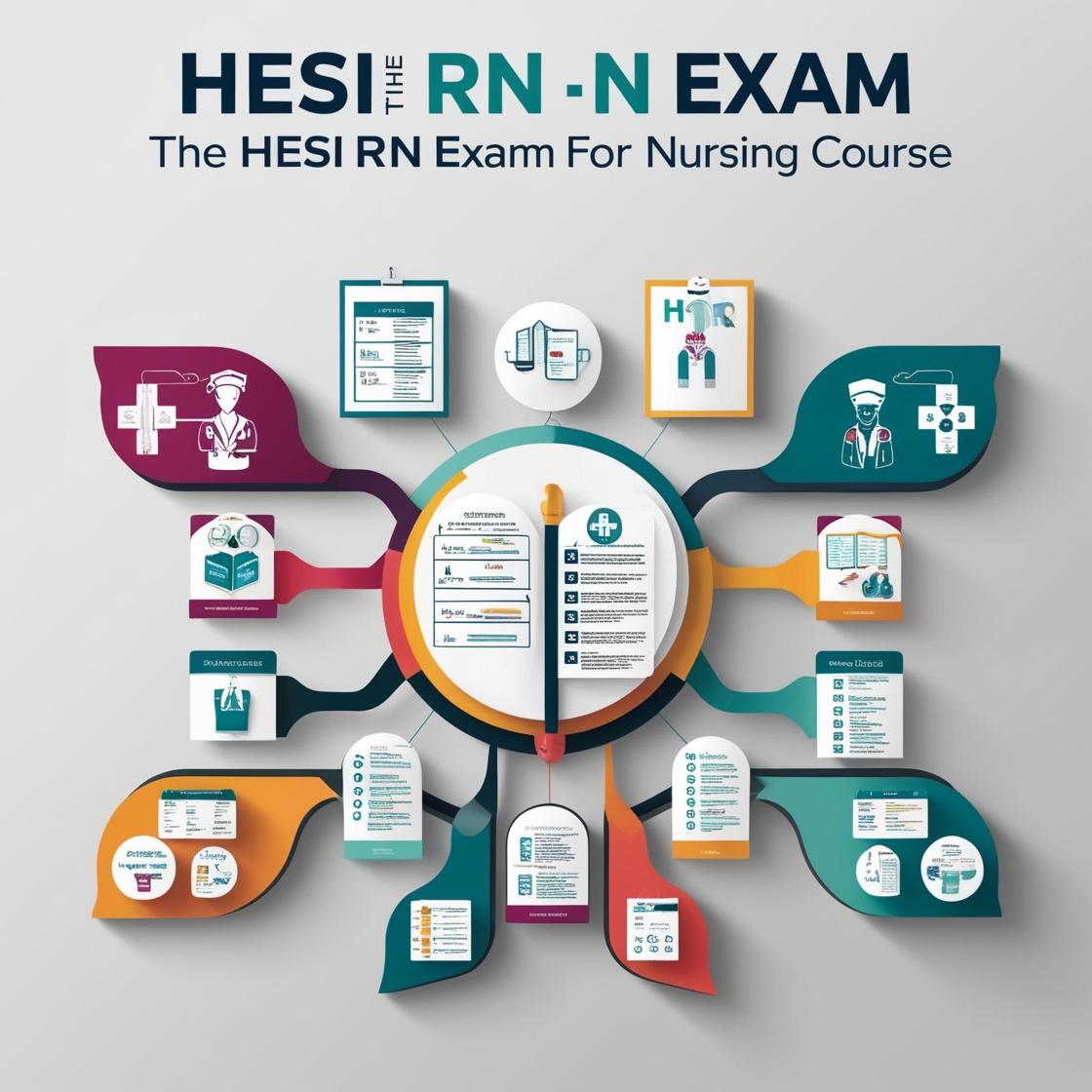HESI RN
HESI Pharmacology Quizlet
1. The client who chronically uses nonsteroidal anti-inflammatory drugs (NSAIDs) has been taking misoprostol (Cytotec). The nurse determines that the medication is having the intended therapeutic effect if which of the following is noted?
- A. Resolved diarrhea
- B. Relief of epigastric pain
- C. Decreased platelet count
- D. Decreased white blood cell count
Correct answer: B
Rationale: Misoprostol is a gastric protectant administered to clients using NSAIDs to prevent gastric mucosal injury. Relief of epigastric pain signifies the medication's therapeutic effect as it indicates a reduction in gastrointestinal symptoms associated with NSAID use.
2. Oral iron supplements are prescribed for a 6-year-old child with iron deficiency anemia. The nurse instructs the mother to administer the iron with which of the following food items?
- A. Milk
- B. Water
- C. Apple juice
- D. Orange juice
Correct answer: D
Rationale: Iron absorption is enhanced by the presence of vitamin C. Orange juice is a good source of vitamin C, which can improve the absorption of iron when taken together. Therefore, administering iron supplements with orange juice is the best choice to optimize iron absorption for the child.
3. A client has begun therapy with theophylline (Theo-24). The nurse tells the client to limit the intake of which of the following while taking this medication?
- A. Oranges and pineapple
- B. Coffee, cola, and chocolate
- C. Oysters, lobster, and shrimp
- D. Cottage cheese, cream cheese, and dairy creamers
Correct answer: B
Rationale: Theophylline is a xanthine bronchodilator. Xanthines are found in coffee, cola, and chocolate. These foods should be limited while taking theophylline to prevent potential drug interactions or adverse effects.
4. A client is receiving vancomycin (Vancocin). Which of the following is the most important action for the nurse to take?
- A. Monitor the client for signs of nephrotoxicity.
- B. Monitor the client for signs of ototoxicity.
- C. Ensure adequate hydration.
- D. Administer the medication with food.
Correct answer: A
Rationale: The most important action for the nurse to take when a client is receiving vancomycin is to monitor for signs of nephrotoxicity. Vancomycin can cause kidney damage, so monitoring kidney function and signs of nephrotoxicity are crucial to prevent harm. While monitoring for ototoxicity and ensuring adequate hydration are important nursing actions, they are not as critical as preventing nephrotoxicity when administering vancomycin.
5. Carbamazepine (Tegretol) is prescribed for a client with a diagnosis of psychomotor seizures. The nurse reviews the client's health history, knowing that this medication is contraindicated if which of the following disorders is present?
- A. Headaches
- B. Liver disease
- C. Hypothyroidism
- D. Diabetes mellitus
Correct answer: B
Rationale: Carbamazepine (Tegretol) is contraindicated in liver disease due to its potential to cause hepatic toxicity. Regular monitoring of liver function tests is necessary when using this medication to detect any signs of liver damage.
Similar Questions

Access More Features
HESI RN Basic
$69.99/ 30 days
- 50,000 Questions with answers
- All HESI courses Coverage
- 30 days access @ $69.99
HESI RN Premium
$149.99/ 90 days
- 50,000 Questions with answers
- All HESI courses Coverage
- 30 days access @ $149.99
